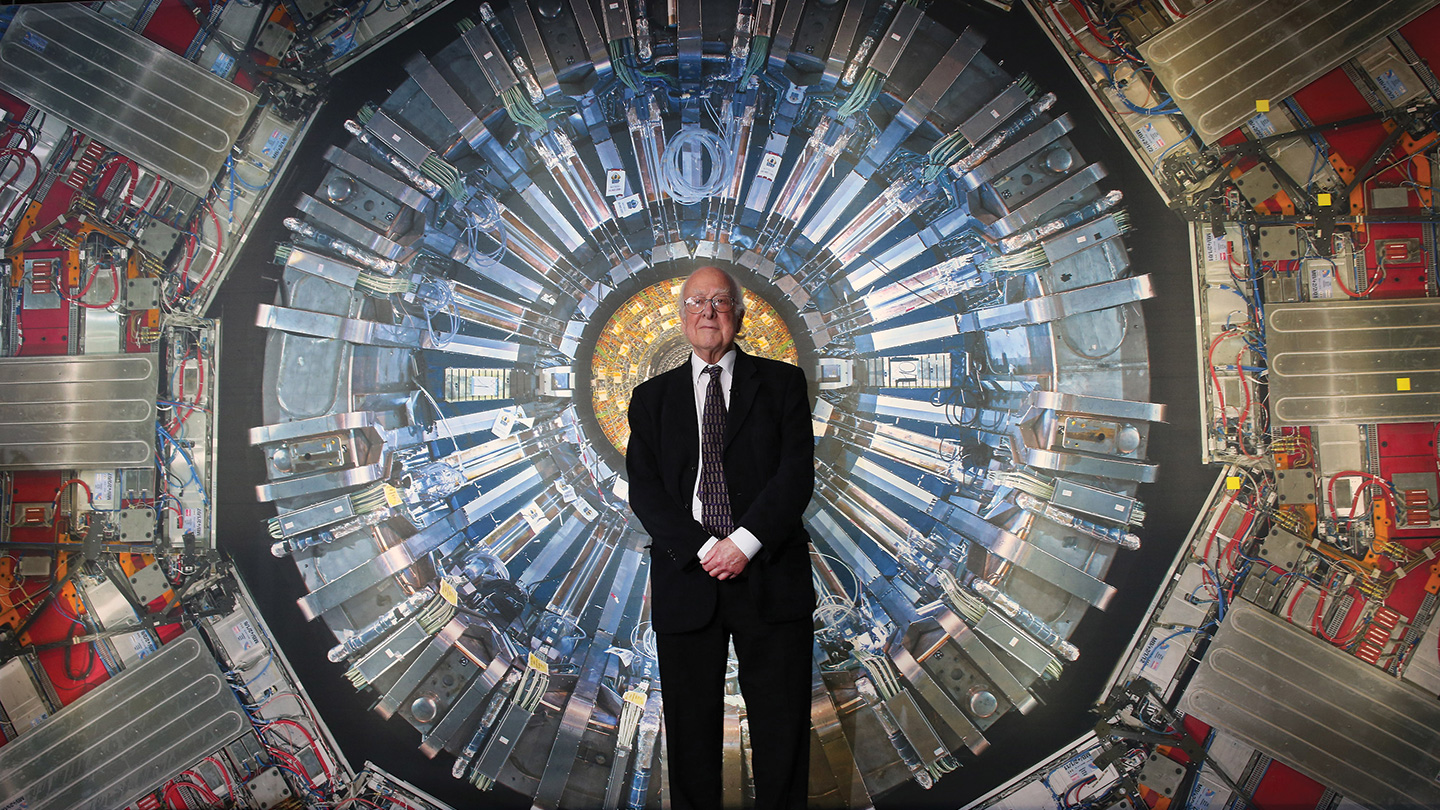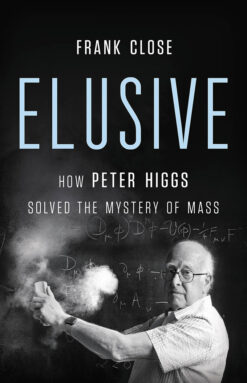‘Elusive’ profiles the physicist who predicted the Higgs boson
ElusiveFrank CloseBasic Books, $30There’s a lot more to the story of the Higgs b


Elusive
Frank Close
Basic Books, $30
There’s a lot more to the story of the Higgs boson than just one man named Higgs.
Despite the appeal of the “lone genius” narrative, it’s rare that a discovery can be attributed solely to the work of one scientist. At first, Elusive, a biography of Peter Higgs written by physicist and author Frank Close, seems to play into that misleading narrative: The book is subtitled “How Peter Higgs solved the mystery of mass.”
But the book quickly — and rightfully — veers from that path as it delves into the theoretical twists and turns that kicked off a decades-long quest for the particle known as the Higgs boson, culminating with its discovery in 2012 (SN: 7/28/12, p. 5). That detection verified the mechanism by which particles gain mass. Higgs, of the University of Edinburgh, played a crucial role in establishing mass’s origins, but he was one of many contributors.
The habitually modest and attention-averse Higgs makes the case against himself as the one whiz behind the discovery, the book notes: According to Higgs, “my actual contribution was only a key insight right at the end of the story.”
The Higgs boson itself doesn’t bestow fundamental particles with mass. Instead, its discovery confirmed the correctness of a theory cooked up by Higgs and others. According to that theory, elementary particles gain mass by interacting with a field, now known as the Higgs field, that pervades all of space.
A paper from Higgs in 1964 was not the first to propose this process. Physicists Robert Brout and François Englert just barely beat him to it. And another team of researchers published the same idea just after Higgs (SN: 11/2/13, p. 4). Crucial groundwork had already been laid by yet other scientists, and still others followed up on Higgs’ work. Higgs, however, was the one to make the pivotal point that the mass mechanism implied the existence of a new, massive particle, which could confirm the theory.
Buy Elusive from Bookshop.org. Science News is a Bookshop.org affiliate and will earn a commission on purchases made from links in this article.
Tags:Elusive,




